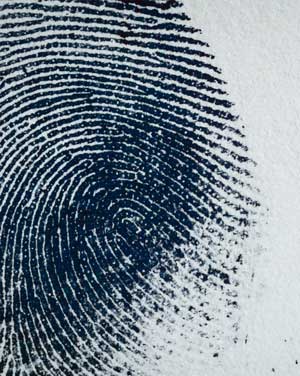
By David Tait and Meredith Rossner
Jurors used commonsense knowledge – wisdom grounded in their life experiences – to interpret and make sense of the evidence at the trial. When jurors came up with their own theories about what happened, these were subjected to a process of careful testing by fellow jurors.
This chapter looks at what members of a mock jury in a terrorism trial, ‘the Sydney Bomber Case’, said to each other in their deliberations and how they worked together. They used four strategies to make fragmentary pieces of evidence coherent:
- Using frameworks drawn from everyday experiences (such as train travel)
- Both general knowledge (e.g. about suburbs) and specialist knowledge (e.g. supplied information about terrorist operations)
- General knowledge about terrorists gleaned from current affairs
- Imagining a real trial and comparing it with the mock trial.
These qualitative research findings shed light on the internal workings of juries, particularly in terrorism trials.
This chapter is useful for:
- Students, teachers, researchers – in Law, Psychology and Communications
- Practitioners of law and criminal justice
- Forensic scientists and psychologists
- Police, national security officers and court officials
- Policymakers
- Journalists.
The book
This chapter is in the book Juries, Science and Popular Culture in the Age of Terror
Companion chapter
Another chapter on jury deliberation is a valuable companion to this one.
Chapter 13: The Effect of Deliberation on Jury Verdicts
Other chapters
Other chapters from Juries, Science and Popular Culture in the Age of Terror that provide research insights arising from the ‘the Sydney Bomber Case’ are:
Chapter 4: Animating the Bomber: The Sydney Bomber Trial
Chapter 7: Displaying the Bomb on the Train: The Challenge of Preparing Visual Evidence
Chapter 8: Research Aims and Methods
Chapter 9: The Sydney Bomber Study: Introducing the Mock Jurors
Chapter 10: Images of Interactive Virtual Environments: Do They Affect Verdict?